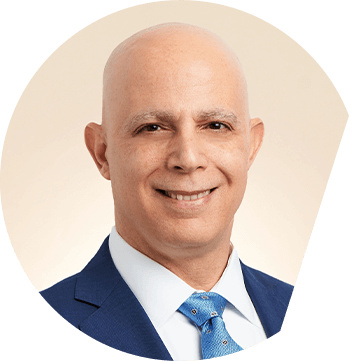NEWS
Eran Kahana Featured on MPR News for a Roundtable Discussion on Data Security
March 23, 2015
Eran Kahana was a featured guest for a roundtable discussion hosted by Kerri Miller on MPR News on March 20, 2015, regarding the state of data security, surveillance, and privacy. Eran was joined by distinguished colleagues, Bruce Schneier, a security technologist and author of Data and Goliath, and J. Brian Atwood, Chair of the Development Assistance Committee for the OECD and former Dean and Professor of the Humphrey School of Public Affairs at the University of Minnesota. The discussion covered a variety of topical issues related to data security—from cell phone apps to the NSA to terms of service agreements—and included a discussion on the "partnership" between government and corporations related to data sharing.
When asked about the terms of service agreements, Eran explains, "Part of the reason that people click 'I agree' is that they're not going to go through the trouble of reading the fine print, but we can make the law more understandable and more accessible. By making the law more accessible, the theory is that people make more meaningful choices." Eran also shares some measures already in place working to protect the privacy of individuals and states, "The Federal Trade Commission is actually a very effective tool that protects privacy interests. Where companies engage in deceptive practices, they're going to get hit pretty hard."
To listen to the full discussion, go to: MPR News "How secure is your data?"
Eran Kahana is a technology and intellectual property attorney with extensive experience advising clients in domestic and international settings. His practice focuses on cyber security, patent, trademark, and copyright law. Eran also advises clients on a variety of e-commerce, licensing, joint development, and consulting in diverse industries. Eran serves as general counsel and on the Board of Directors for the Minnesota Chapter of InfraGard, a nonprofit partnership between the FBI and the private sector dedicated to the protection of critical infrastructure. In addition, he is a Research Fellow at Stanford Law School, where he writes and lectures on the legal aspects of using artificial intelligence.

